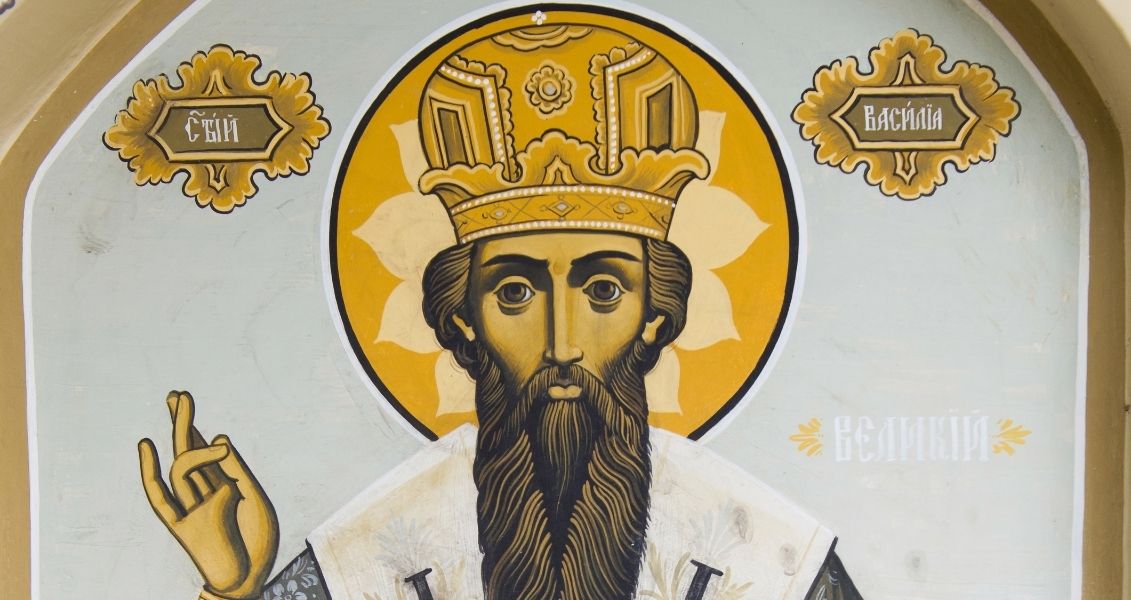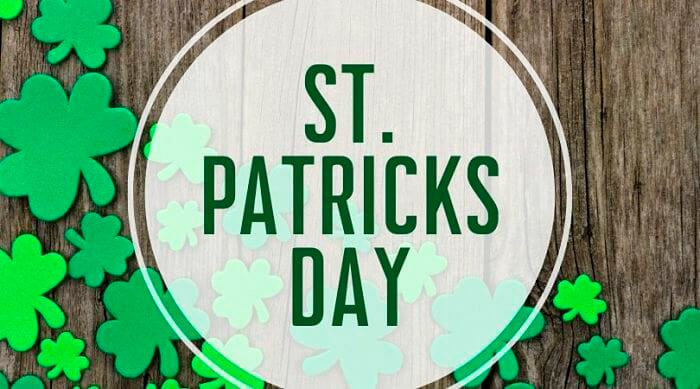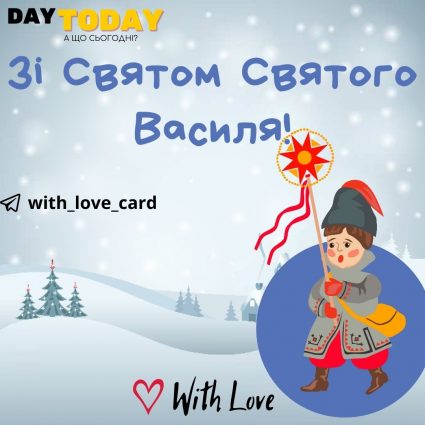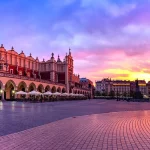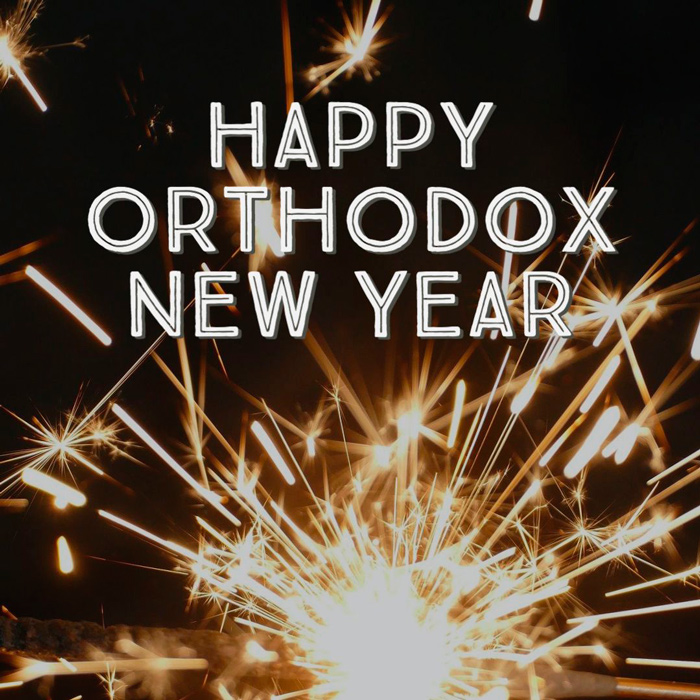Saint Basil’s Day
Every year on January 14, Orthodox believers celebrate a great church holiday – Day of memory of Basil the Great. He became famous as a universal teacher who wrote many theological works and introduced the rules of monasticism. The saint is the patron saint of agriculture, so on this day people, going to visit, sow arable land in the houses of the owners for good luck.
was born Vasyl around 330 in the Greek city of Caesarea in a noble pious family. Having obtained a higher education, he decided to devote his life to the service of the Almighty. He was baptized and retired together with like-minded people, founding a community like a monastery.
After some time, Vasyl returned to his native city and was ordained a deacon, and later became the bishop of Caesarea Cappadocia.
During his ministry, the saint distinguished himself as a zealous defender of faith in the Holy Trinity. Faced with the cruel persecution of the followers of Christianity, which was organized by the emperor Valens, the archpastor was the only one of all the bishops who fearlessly opposed his authority. The saint also preached and did charity work. Near Caesarea, he built several institutions where the needy could live.
On the first day of the year 379, as a result of diseases caused by an ascetic lifestyle, the Archbishop of Caesarea passed into eternity.
Traditions on St. Basil’s Day
- Saint Basil is considered the patron saint of agriculture, therefore, on January 14, not only do they go to church, but there is also a tradition of sowing. The sower must be a boy, because there is a belief that a man should be the first to enter the house on New Year’s Day. The first sower was given the most attention, so everyone tried to come to the house in the morning. It is important to sow grain, because it is a symbol of prosperity and happiness in the family.
- There is a tradition to prepare many dishes on this day so that every guest has the opportunity to enjoy. Most often, jello, pork and kutya were prepared.
- This holiday is considered auspicious for prayers. The Lord listens to people’s wishes on this particular day.
- Some families install a sheaf of spikes from the previous harvest, which is called a grandfather. It is a rite and a symbol of the new harvest. After the holidays, grandfather is burned to drive away all evil and misfortune.
? Section Postcards and greetings ➕ Postcards in Viber ➕ Postcards in Telegram
